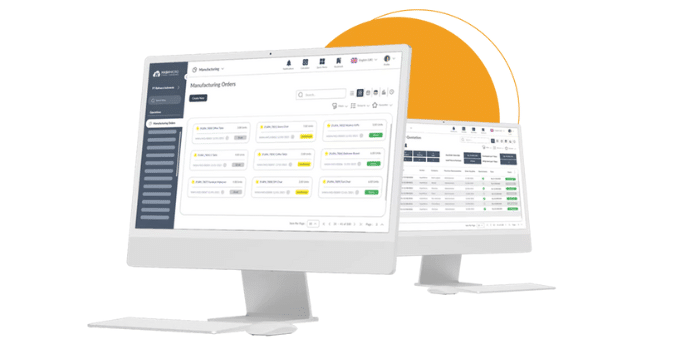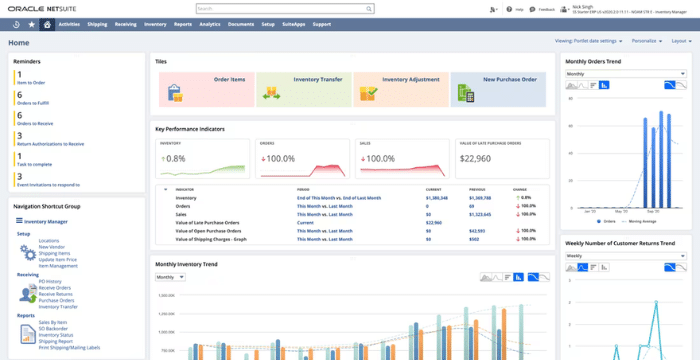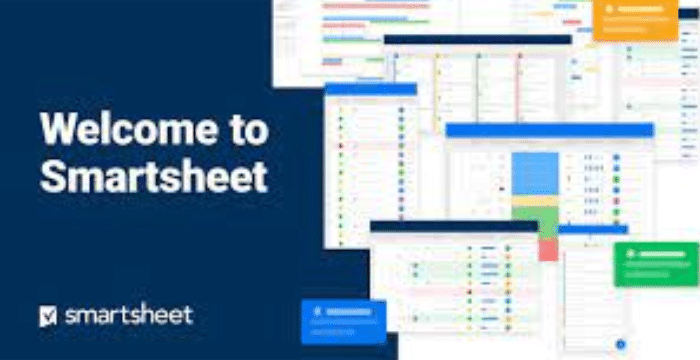Customer Relationship Management (CRM) is a comprehensive approach that organizations use to manage their interactions and relationships with customers. It involves a combination of strategies, processes, and technologies aimed at optimizing customer satisfaction, loyalty, and profitability.
CRM and inventory management allow businesses to collect, organize, and analyze customer data, providing valuable insights into customer behavior, preferences, and needs. Inventory management refers to the process of overseeing and controlling the flow of goods and materials within an organization.
It involves effectively managing stock levels, monitoring inventory movements, and optimizing the balance between supply and demand. Efficient inventory management ensures that a business has the right quantity of products available at the right time, minimizing stockouts and excess inventory.
Key Takeaways
|
Table of Content:
Table of Content
How do Companies Use CRM and Inventory Management?
Companies utilize CRM and inventory management systems to streamline their operations and enhance customer satisfaction. With CRM, businesses can gather and analyze customer data to gain insights into their preferences, purchasing patterns, and behavior.
This information enables companies to personalize their marketing strategies, tailor product recommendations, and provide superior customer service. Moreover, CRM and inventory management systems enable companies to enhance communication and collaboration among different departments.
Sales teams can access real-time inventory data, enabling them to provide accurate product availability information to customers and avoid promising products that are out of stock. Customer service teams can access customer purchase history and preferences, allowing them to provide personalized support and resolve issues more efficiently.
Benefits of Using CRM and Inventory Management
The integration of CRM and inventory management systems offers several benefits to companies. Firstly, it allows businesses to have a holistic view of customer interactions and inventory data.
By combining these two critical aspects, companies can gain deeper insights into customer preferences, behavior, and purchasing patterns, which in turn helps them make informed decisions about inventory management. They can identify popular products, forecast demand more accurately, and optimize inventory levels to meet customer needs.
Secondly, CRM inventory management systems streamline and automate various processes, resulting in increased operational efficiency. With real-time visibility into inventory levels, businesses can automate reordering processes, eliminating manual efforts and reducing the risk of human error.
This automation enables companies to optimize inventory replenishment, minimize lead times, and enhance order fulfillment speed. Additionally, the integration of CRM and cloud based inventory management facilitates better coordination among different departments.
Also read: Inventory Aging Report: What is it and How to Calculate It
Features of CRM Inventory Management
CRM inventory management systems offer a range of powerful features that enable businesses to effectively manage their customer relationships and inventory. These features provide businesses with the tools and capabilities needed to streamline operations, optimize inventory levels, and deliver exceptional customer experiences.
Real-time inventory visibility
CRM inventory management systems provide real-time visibility into inventory levels, allowing businesses to monitor stock quantities and locations accurately. Therefore, this feature enables companies to make informed decisions about inventory replenishment, avoid stockouts or overstock situations, and optimize inventory levels based on demand.
Forecasting and planning tools
CRM inventory management systems use historical sales data and customer insights to forecast future demand. By leveraging this feature, businesses can anticipate customer needs, adjust inventory levels accordingly, and minimize the risk of excess inventory or stockouts.
Accurate demand forecasting helps optimize production and supply chain management, reducing costs and improving overall efficiency.
Multi-channel inventory management
CRM inventory management systems support multi-channel operations, allowing businesses to manage inventory across various sales channels, including brick-and-mortar stores, e-commerce platforms, and more.
Therefore, this feature enables centralized inventory control, accurate stock allocation, and efficient order fulfillment across different channels, ensuring a consistent customer experience regardless of the sales channel.
Reorder management
By utilizing these features, CRM and inventory management systems empower businesses to efficiently manage their reorder process, ensuring timely replenishment, avoiding stockouts, and optimizing inventory levels.
Effective reorder management improves operational efficiency, reduces carrying costs, and enhances customer satisfaction by ensuring product availability.
Supplier management integration
With supplier management integration, businesses can maintain a comprehensive database of suppliers within the CRM system. This database includes essential information such as supplier contact details, payment terms, lead times, pricing agreements, and performance metrics.
Therefore, by having all supplier information readily available, businesses can easily access and update supplier details, ensuring accurate and up-to-date information.
Best of CRM Inventory Management
When it comes to CRM, businesses strive to find the best solution that combines the power of customer relationships and efficient inventory control. The best CRM systems offer a comprehensive set of features and functionalities to streamline operations, optimize levels, and enhance customer satisfaction. These are several CRMs for your business.
HashMicro
HashMicro CRM Inventory Management is a robust solution designed to streamline and optimize inventory management processes while effectively managing customer relationships. One of the key benefits of HashMicro CRM is its real-time tracking feature, which provides businesses with accurate and up-to-date visibility into stock levels.
This allows businesses to make data-driven decisions, reducing the risk of stockouts or overstock situations. In addition to real-time inventory tracking, HashMicro CRM & Inventory Management offers a range of other powerful features.
It includes demand forecasting capabilities, enabling businesses to anticipate customer needs and optimize inventory levels accordingly. The system also supports automated reordering, generating purchase orders automatically when stock levels reach predefined thresholds.
Zoho
Zoho is a comprehensive solution that combines customer relationship management with efficient inventory control. One of the standout benefits of Zoho is its seamless integration with Zoho CRM, allowing businesses to have a unified view of customer data and information.
Shopify
Shopify offers a range of features to optimize inventory management processes. It provides real-time inventory tracking, enabling businesses to monitor stock levels, variations, and locations accurately.
Therefore, with this feature, businesses can make informed decisions about inventory replenishment, avoid stockouts, and manage their inventory more efficiently.
NetSuite
One of the key benefits of NetSuite is its ability to provide businesses with a centralized platform to manage their customer interactions and inventory data.
Therefore, with this integration, businesses can gain a holistic view of customer behavior, preferences, and purchase history, enabling them to personalize marketing efforts, optimize inventory levels, and deliver exceptional customer experiences.
Quickbase
QuickBase offers several advantages to businesses looking to streamline their processes. One of the key advantages is its customizable nature. QuickBase allows businesses to tailor their CRM and inventory management system according to their specific needs, workflows, and industry requirements.
Therefore, this flexibility ensures that businesses can configure the system to align with their unique inventory management processes, improving efficiency and accuracy.
Smart Sheet
One of the key advantages is its powerful collaboration and communication features. Smartsheet provides a centralized platform where teams can collaborate in real time, share important inventory information, and track progress.
Therefore, this facilitates effective communication and ensures that all stakeholders are on the same page leading to improved coordination.
Microsoft 365
Smartsheet offers a range of features that empower businesses to effectively manage their inventory while leveraging the power of collaboration. One notable feature is the ability to track inventory in real-time. Therefore, businesses can easily monitor stock levels, locations, and movements, ensuring accurate inventory visibility across the organization.
SAP Business One
The feature of SAP One Business CRM is its seamless integration with other SAP modules. This integration enables businesses to have real-time visibility into inventory data and its impact on other areas of the business.
For example, businesses can link inventory information with sales orders, invoices, and financial transactions, ensuring accurate financial reporting and valuation.
Conclusion
In conclusion, CRM & inventory management is a powerful tool that brings together the functionalities of customer relationship management and efficient inventory control. The benefits of CRM are significant. There range from improved inventory accuracy and optimized replenishment to enhanced customer satisfaction and streamlined operations.
Several leading CRM solutions, such as HashMicro offer unique features and benefits tailored to the specific needs of businesses. These tools provide centralized platforms, customizable workflows, and integration capabilities to optimize inventory management processes. Schedule a free demo now to experience the transformational power it brings to your operations.







































